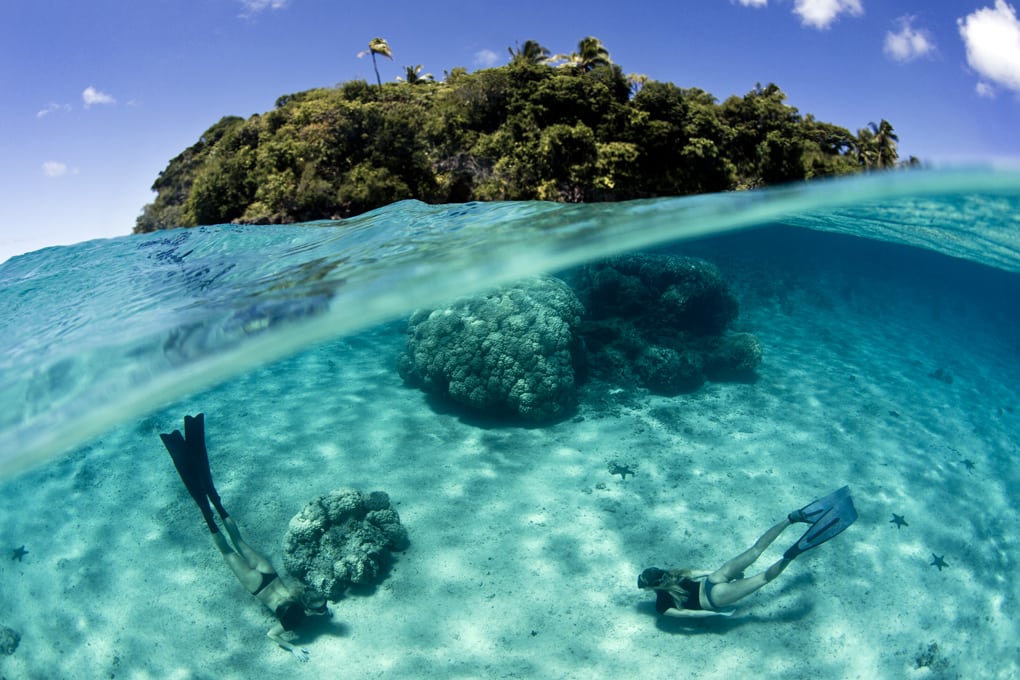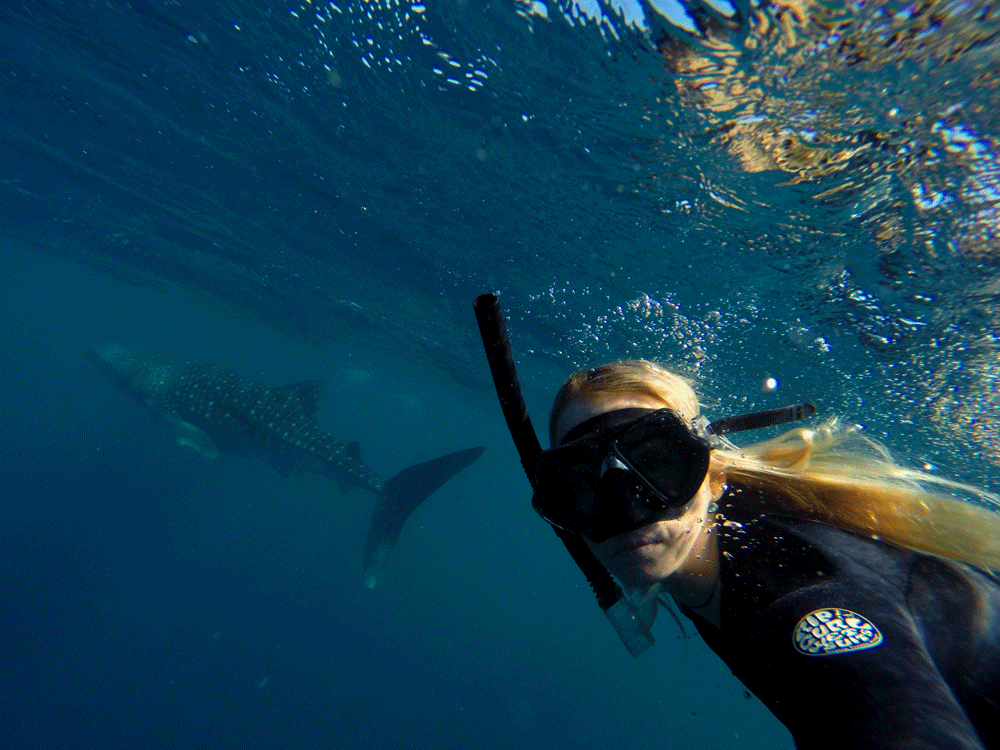Here are some frequently asked questions about a career in Marine Biology as answered by The Footnotes team!
I’m 13 years old and have always wanted to work with ocean creatures. Is there anything I can do now that would help me get closer to my goal?
While it may be a bit early to start researching universities and courses, there are plenty of things you can do now!
In fact, that’s a great way to find out if it is something you may want to consider studying or even pursuing as a career later. Contact organisations near where you live to see if they might need a volunteer.

I recently visited a theme park with my family and was amazed by the marine mammal show. How does someone become a marine animal trainer?
Take as many maths and science classes as you can! Not just in high school, but in University as well.
Also, while a marine mammal trainer may be your first choice now, if you’re still in high school it’s a bit too early to limit your options. In fact, that is the advice we hear a lot from people in the field of marine science: don’t specialise too early, keep your options open and be flexible.
When deciding on further education, you should look for a school with strong science programs.
Career opportunities involving work with marine mammals are very competitive, so you should try to get some relevant experience now. You could begin by finding out about volunteer opportunities at nearby zoos or aquariums.
I’m interested in studying marine biology in University. How should I choose a Uni that will offer a good program?
Because choosing a university is such a personal decision – one that depends on so many variables!
That being said, we will pass along some advice that we hear repeated again and again by people currently working in the field of oceanography or marine science. The main thing is to keep your options open. Specialising too early in a particular field may limit your options later. Experts we’ve interviewed recommend sticking with the basic sciences as an undergraduate (biology, physics, chemistry, geology, etc.) and holding off on specialising (in, say, marine biology) until later.
I am currently enrolled as a marine science biology major, which is really competitive. Should I change my major?
You are certainly right this is a competitive industry. But, a change in the economy or the political climate can have a significant impact on an industry – so the demand might grow dramatically.
Presumably, you chose a major because it was something that interests you and that you are good at. This is the best reason to choose a career field. After all, you should enjoy what you are doing. For most people, job satisfaction is about more than just a salary.
In your case, there are many similarities between biochemistry and marine biology. In fact, oceanography is a very interdisciplinary field. That is, single projects can often involve biochemists, biologists, engineers and technicians — all with similar interests but different ways of looking at a single problem.
As you can imagine, many people come to the marine sciences by way of marine biology; it’s marine biology that hooks people, but other aspects of the field that become their passion and specialty. Very few marine scientists and oceanographers come to their careers via the same path. Check out the people profiled on this site and read through their profiles to see how many diverse people ended up in the same field (select a field to access the profiles within it). Chances are, you’ll be able to identify with several of the people we’ve included. And check back — we add new profiles.
Meet Marine Biologist, Brinkley Davis.

How much money would I earn if I became a marine scientist?
Salaries for marine scientists and marine-related occupations vary greatly. Some of the determining factors include: educational background, experience in the field or a related position, employment sector, geographic location, job responsibilities and employee benefits.
It’s also important to remember that some fields and employment sectors have more competition for jobs than others. This can happen when the supply outweighs the demand in a field or job sector. For example, in the academic community, professors have been turning out more students with Ph.D.s than there have been job openings. Graduates with doctorates who might have been counting on a job in academia may find such positions scarce. These students may end up taking multiple post-doctorate positions (postdocs, typically, are one-to-two-year positions at research universities or institutions that are meant to be the first stepping stone to a career in academia), or they may find themselves looking for jobs in the private sector or in government.
Sorry – not an easy question to answer!







